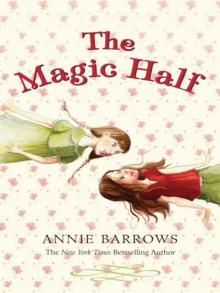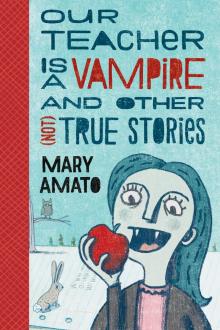The Forest Game


Author: Mitchell Bryan
Category: Childrens
Published: 2012
Series:
View: 133
Read OnlineWhen a new video game takes the world by storm, a new player is profoundly moved by the beauty and wonder that the game holds. But under the breathtaking exterior is a dark secret that threatens the sanity and lives of the players.In developed countries, social cohesion has been sacrificed on the altar of individual gratification. Individuals wanted more and better. Inventors and entrepreneurs rallied to serve our desires. We progressed – pulled along by our hunger for improvement. This strategy worked well for centuries. Survival rates benefitted more from technological advances than from recognising individual social contributions. But the paths of ‘what we want in the short term’ and ‘what is good for us in the long term’ diverged. As we moved forwards, we increasingly abandoned non-commercial activities – regardless of their contribution to social wellbeing.We’ve now reached point where the benefits of technological advances are becoming outweighed by the disadvantages. New consumer inventions make us less active. Improved food production is turning us fat. Social media is stopping us socialising. Even medical advances will become less important to the majority – focusing, quite rightly, on a shrinking minority of ill people or providing more years of relative infirmity for the very old.The wellbeing of the majority during the majority of their lives can now be improved more by positive social interaction than by technological advances. To do this, we need to amend our reward system. We need to provide additional motivation for carrying out beneficial social activity. Although many already help others altruistically, there’s no moral reason why they shouldn’t receive further tangible rewards. And tangible rewards might encourage even more people to help one another. This would deliver additional social benefits – thereby improving general wellbeing.
 Are You Experienced?
Are You Experienced? Cold Comfort Farm
Cold Comfort Farm The Magic Half
The Magic Half Afloat in the Forest; Or, A Voyage among the Tree-Tops
Afloat in the Forest; Or, A Voyage among the Tree-Tops The Disappearing Friend Mystery
The Disappearing Friend Mystery Our Teacher is a Vampire and Other (Not) True Stories
Our Teacher is a Vampire and Other (Not) True Stories Honey
Honey Tales from the Haunted Mansion, Volume 4
Tales from the Haunted Mansion, Volume 4